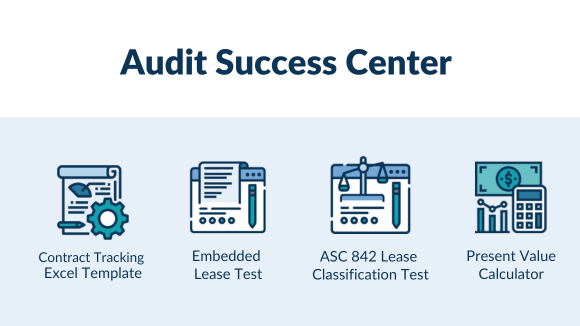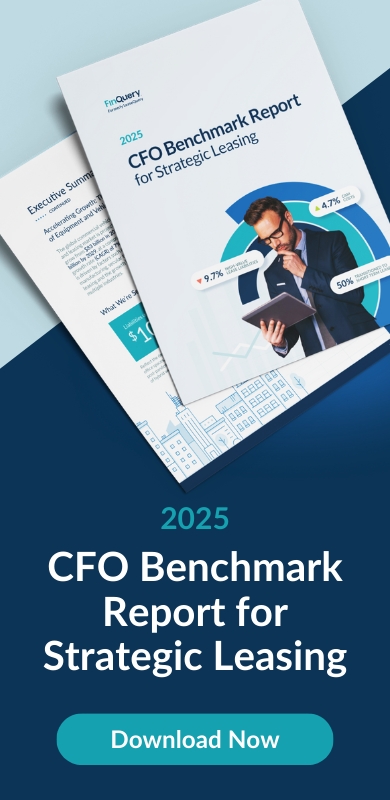The Office of the CFO is undergoing a profound transformation. No longer simply custodians of financial records and compliance, modern finance departments are becoming strategic partners in business growth and innovation. For accounting firms that have traditionally focused on audit, tax, and advisory services, this shift presents both a challenge and an unprecedented opportunity to evolve and expand their service offerings.
The changing role of the office of the CFO
The finance function is moving from a transaction-processing and reporting center to a data-driven, strategic business partner. Several factors are driving this evolution:
- Data Explosion: Organizations now generate vast amounts of financial and operational data that, when properly utilized, can drive strategic decision-making.
- Technology Advancements: Cloud computing, AI, machine learning, and automation tools are revolutionizing how financial processes are executed.
- Regulatory Complexity: Increasing compliance requirements demand more sophisticated systems and processes.
- Business Agility: Shifting from lagging financial reports to immediate financial insights, enabling businesses to make agile decisions in the moment.
For CFOs and their teams, navigating this changing landscape requires new skills, technologies, and approaches that many organizations don’t possess internally.
The financial transformation opportunity
Financial transformation encompasses the strategic reimagining of finance operations, leveraging technology to improve efficiency, accuracy, and insight generation. This includes:
- -Modernizing core financial systems
- -Implementing advanced analytics and reporting tools
- -Automating routine processes through RPA and AI
- -Enhancing data governance and quality
- -Developing predictive capabilities for forecasting and planning
- -Creating integrated business planning processes
As trusted financial advisors, accounting firms are uniquely positioned to guide their clients through these transformations.
Why accounting firms are positioned to lead this charge
1. Built-in trust and industry knowledge
Accounting firms already possess deep relationships with their clients, understanding their financial landscape, pain points, and industry-specific challenges. This foundation of trust and knowledge provides an ideal platform for expanding into transformation services.
2. Complementary skill set
The core competencies of accounting professionals—analytical thinking, process orientation, and financial acumen—align perfectly with the skills needed for financial transformation work. By adding technology expertise and change management capabilities, accounting firms can create high-value transformation teams.
3. Holistic service offering
Financial transformation doesn’t exist in isolation from traditional accounting services. By offering both, firms can provide truly comprehensive solutions that address immediate compliance needs while building future-ready finance capabilities.
4. Recurring revenue streams
While traditional accounting services often follow predictable, seasonal patterns, transformation services can create more stable, year-round revenue streams through multi-year engagements and ongoing support models.
5. Market differentiation
In an increasingly competitive market for accounting services, offering transformation capabilities can set firms apart from competitors who remain focused solely on traditional services.
Building a financial transformation practice
Meeting a growing market need
Within the Office of the CFO, accounting has many opportunities for financial transformation. Gartner, PwC, and Deloitte have each found that the average accounting team spends 20-40 hours/mo on manual processes particularly when data is managed through spreadsheets. Financial transformation efforts can help those teams get time back with better technology. For example FinQuery’s lease accounting and prepaid and accrual accounting solutions can reduce manual effort and time spent by up to 80%. Accounting firms, more than 250 of which already partner with FinQuery, are a logical choice to help with financial transformation of this kind.
Mid-sized businesses in particular represent a significant opportunity in this space. While enterprise organizations can afford to engage large consulting firms for transformation work, mid-market companies often lack both the internal resources to drive transformation and the budget to hire premium consultants.
Accounting firms that can offer right-sized transformation services to this segment will fill a critical market gap while deepening their client relationships.
The evolution of the Office of the CFO is creating new challenges for businesses of all sizes. By expanding their services to include financial transformation, accounting firms can help their clients navigate these challenges while creating new growth opportunities for themselves. Those who successfully make this transition will be well-positioned to thrive in an increasingly digital and data-driven financial landscape.
The question is not whether accounting firms should expand into financial transformation services, but how quickly they can develop these capabilities to meet the growing market demand. The firms that move decisively in this direction will secure their place as indispensable partners to the modern CFO.









